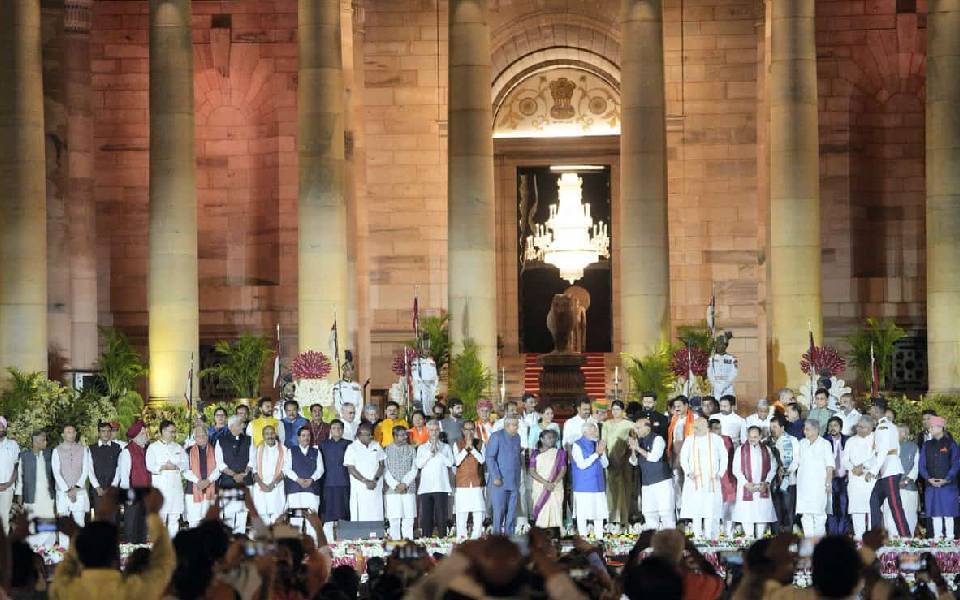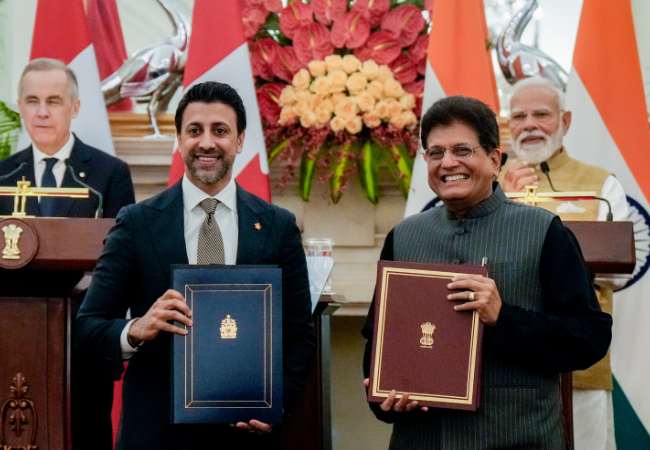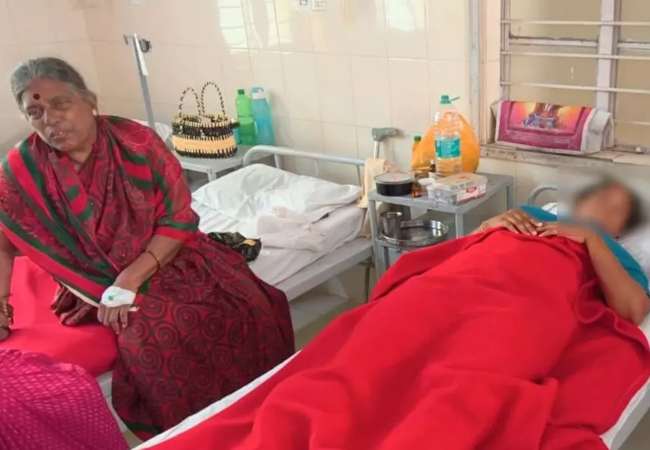New Delhi, Jun 11: Twenty-eight ministers in the third Narendra Modi government have criminal cases against them with 19 of them facing serious charges such as attempted murder, crimes against women and hate speech, poll rights body Association of Democratic Reforms (ADR) said.
Among the ministers facing the most severe allegations, two have declared cases related to attempt to murder under Indian Penal Code section 307.
They are Shantanu Thakur, minister of state for ports, shipping and waterways, and Sukanta Majumdar, minister of state for education and Development of North Eastern Region, the ADR said.
The ADR report also highlighted that five ministers have cases related to crimes against women.
They are Minister of State (MoS) for Home Bandi Sanjay Kumar, Thakur, Majumdar, MoS for Petroleum and Natural Gas and Tourism Suresh Gopi and Tribal Affairs Minister Jual Oram.
Additionally, the ADR report identifies eight ministers with cases related to hate speech.
A total of 28 out of 71 ministers (39 per cent) have declared criminal cases, it said.
The new Council of Ministers that took the oath on June 9 has 72 members, including Prime Minister Narendra Modi.
Let the Truth be known. If you read VB and like VB, please be a VB Supporter and Help us deliver the Truth to one and all.
Bengaluru (PTI): A 27-year-old techie allegedly died by suicide by hanging herself in her room at her residence here, reportedly distressed over an astrologer's prediction about her marriage, police said on Monday.
The incident occurred on Friday at MEI Layout in Bagalagunte, they said.
The deceased, identified as Vidyajyoti, was in a relationship with a man from another caste. Both families had agreed to the marriage as per her wishes, police said.
Citing a preliminary inquiry, a senior police officer said her parents had recently consulted an astrologer, who allegedly predicted that there could be misunderstandings between the couple two years into the marriage, possibly leading to separation.
To avert this, the astrologer reportedly advised performing a nine-day ritual, which the family undertook, he said.
However, on the ninth day of the ritual, Vidyajyoti allegedly went to her room and died by suicide by hanging herself from a ceiling fan when her parents were not home, he added.
The incident came to light in the evening when she did not respond despite repeated knocks on the door. Her father later broke open the door and found her hanging, police said.
Bagalagunte police have registered a UDR (Unnatural Death Report) case, and further investigation is underway.


_vb_93.jpeg)

_vb_39.jpeg)
